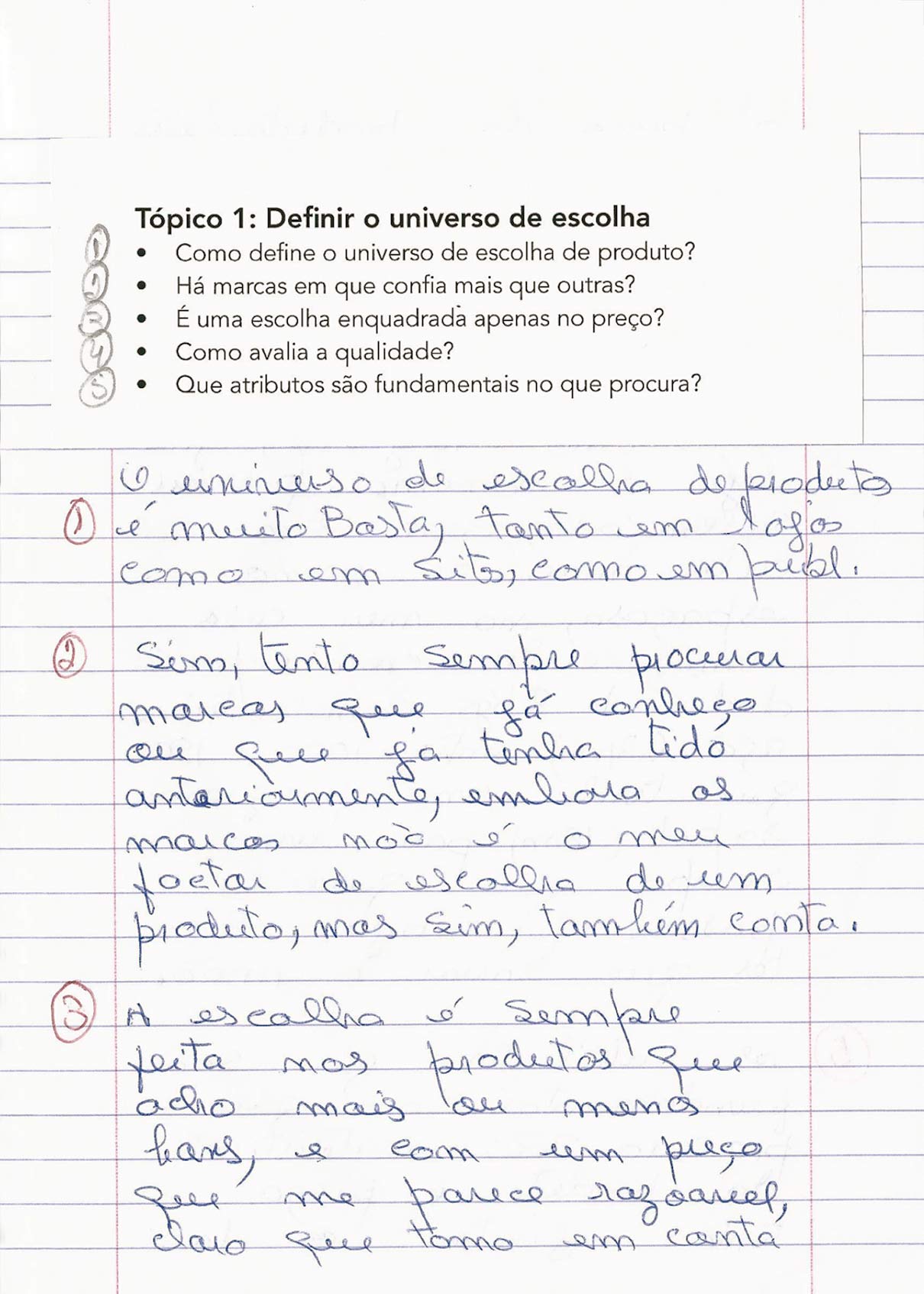Getting insights about users over an extended period
This longitudinal research method is used to collect data about user behaviours, activities and experiences over an extended period of time that can range from a few days to a month or longer. The participants are asked to write down specific information about activities being studied in a diary.
To create their diaries, participants are given a probe pack with the tools they need to record pre-determined information over time. It may include a notebook, pens, post-it notes, an instant camera or anything that helps the participant gather and record information.
This method is especially appropriate for testing more complex products or services that comprise a wide range of functionalities, which would be impossible to cover during a usability test session.
Diary studies are useful to understand long-term behaviours such as habits, usage scenarios, attitudes and motivations, changes in behaviours and perceptions, and customer journeys.

Recruiting and motivating participants
Diary studies require time and dedication from participants. One of the major challenges is achieving a high level of participant commitment to obtain sufficient and reliable diary entries. That’s why it’s important that the researcher checks in with participants and gives them periodic reminders. To ensure the right level of involvement, they should receive an incentive that will keep them engaged. So they are likely to require remuneration that is more significant than that of a 60-minute usability test session.
The instructions given to participants for the diary study are crucial for ensuring its success. They should know exactly how often they’re expected to keep a diary, how long should the diary be, and whether images, screenshots or survey responses are expected.
Pen and paper or electronic diaries?
Providing a notebook and a pen or pencil is the more straight-forward and budget-friendly option. However, not all participants might have a legible handwriting.
On the other hand smartphones have become so prolific that using an app as a diary might be quite comfortable for many participants. It simplifies data analysis and entries can be logged by voice, video or photos.
Whatever the method, it should be adjusted to the target users. Elderly people might be more at ease with pen and paper, for example. The important is that participants feel comfortable with the process of keeping the diary.

Benefits of diary studies
-
Users’ real actions
Users record their actual actions and not just what they remember about them
-
Users’ in their own environment
Users are in a familiar environment and in the actual relevant usage situation
-
Real-life usage situations
See exact situations in which participants use the product or service
-
Learn about the non-digital aspects of the user experience
-
Find out about the long-term use of a product or service
-
Helpful to define UX feature requirements
-
Users are not influenced by the facilitator
-
Clarify complex decisions
Want to understand how your users interact with your product in the long-term?
Xperienz will recruit study participants, create a probe pack, define the better approach (paper or electronic) according to your project goals and budget, and make sure participants stay engaged throughout the study. In the end, we’ll present a detailed report with all the findings.
Tell me more
